1. The Freemasons
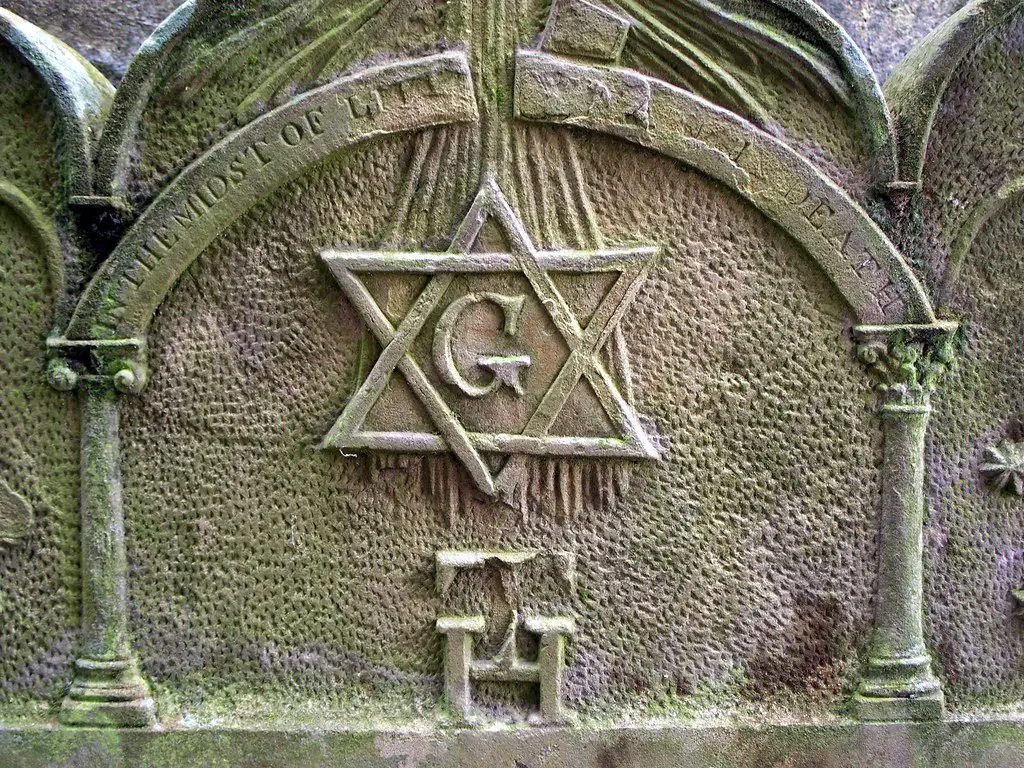
The Freemasons are probably the most famous secret society in American history, yet many people don’t realize just how much influence they’ve had. A surprising number of Founding Fathers, including George Washington and Benjamin Franklin, were members. Their symbols, like the all-seeing eye and the square and compass, are hidden in plain sight—just look at the dollar bill. While they claim to be more of a fraternity focused on moral development, their secrecy has fueled conspiracy theories for centuries. Some believe they had a hand in shaping the government itself, embedding their ideals into the very foundation of the country says the Week.
Even today, Freemasonry is alive and well, though it’s not as powerful as it once was. The group still has lodges across America, quietly continuing its traditions. Whether they were masterminds behind the country’s biggest decisions or just an elite social club, there’s no denying their impact adds the Pillar.
2. Skull and Bones
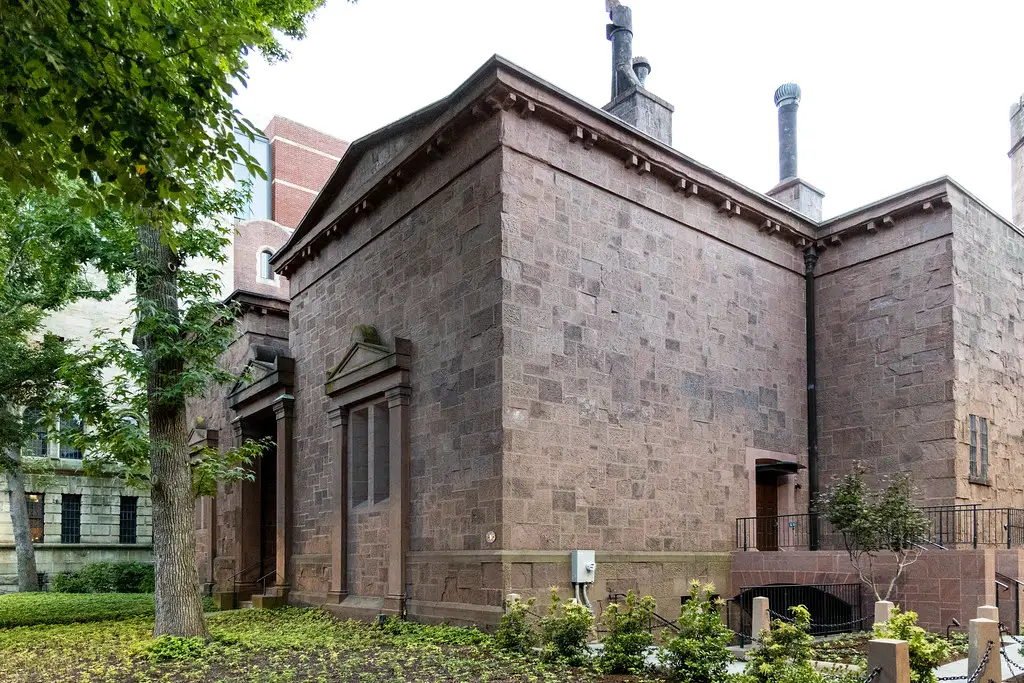
This ultra-exclusive society at Yale University has long been tied to American political and financial power. Founded in 1832, Skull and Bones has counted presidents, Supreme Court justices, and high-ranking officials among its members. Both George H.W. Bush and George W. Bush were initiated into the group, sparking speculation about its influence on U.S. politics. Members take part in strange rituals, including lying in a coffin and revealing their deepest secrets shares MIT.
What really makes Skull and Bones so intriguing is how its members go on to hold major positions of power. It’s not just about networking—it’s about having a direct hand in shaping policies, laws, and the economy. Their secrecy only adds to the mystery, making people wonder just how much sway they still hold.
3. The Bohemian Club
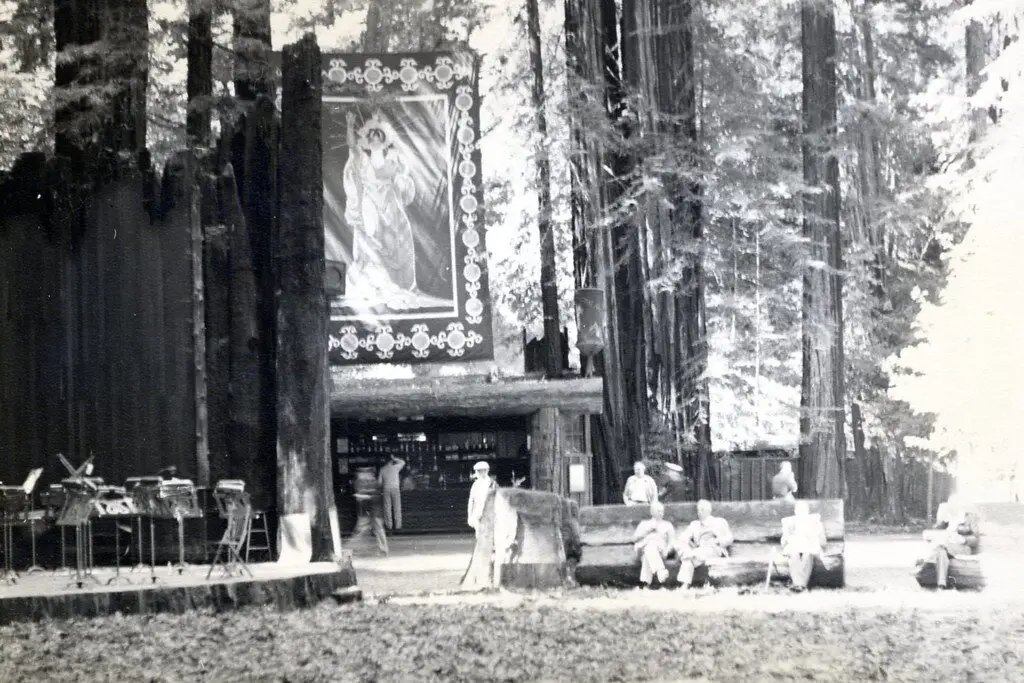
This one sounds like a harmless social club, but the Bohemian Club has hosted some of the most powerful men in America for over a century. Every summer, business moguls, politicians, and influential figures gather at Bohemian Grove in California for a private retreat. While the group claims it’s all about relaxation and artistic expression, reports of bizarre ceremonies—like a mock human sacrifice called the “Cremation of Care”—make it seem like something much stranger shares SFGATE.
Presidents, including Richard Nixon and Ronald Reagan, have attended, leading many to believe that major political decisions are made in the secluded redwood forest. The group’s motto is “Weaving Spiders Come Not Here,” suggesting that business shouldn’t be discussed. But given the level of power in attendance, that’s pretty hard to believe.
4. The Knights of the Golden Circle
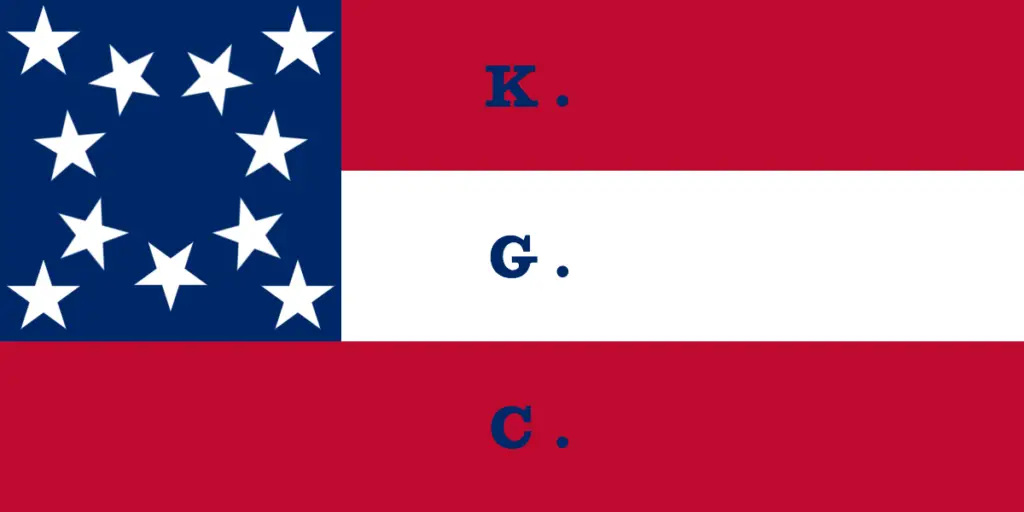
Before and during the Civil War, the Knights of the Golden Circle (KGC) operated as a secret pro-Confederate group aiming to create a new empire. They wanted to expand slavery into Mexico, the Caribbean, and beyond, forming a vast southern empire. Some believe they were behind plots to fund and prolong the war, including attempts to assassinate Abraham Lincoln.
Even after the war, rumors swirled that KGC members buried vast amounts of Confederate gold, waiting for the South to rise again. While the organization officially disappeared, some believe its influence persisted in groups like the Ku Klux Klan. Whether they truly had hidden war chests or not, their impact on America’s divisions is undeniable.
5. The Bilderberg Group
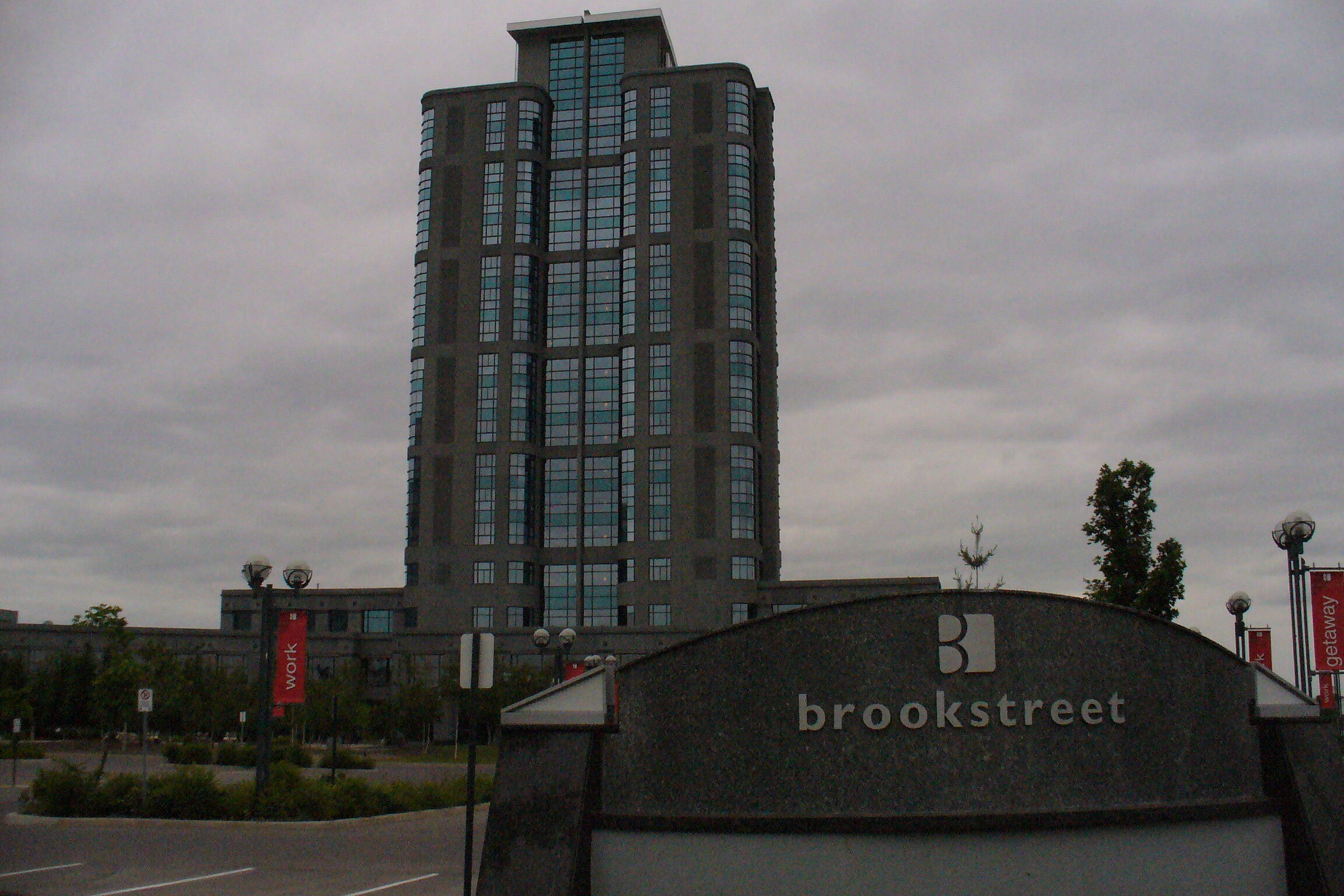
Though not exclusively American, the Bilderberg Group plays a huge role in shaping U.S. policies. Each year, around 130 of the world’s most powerful politicians, business leaders, and thinkers meet behind closed doors to discuss global affairs. No media is allowed, and attendees are sworn to secrecy. This has led to countless conspiracy theories about the group deciding everything from economic crashes to presidential elections.
Some argue it’s just an elite networking event, but when you have high-ranking officials and CEOs gathering in secret, it raises questions. Many of the most influential figures in American politics, including Bill Clinton and Henry Kissinger, have attended. Whether they’re pulling the strings or just swapping ideas, their meetings are anything but ordinary.
6. The Odd Fellows
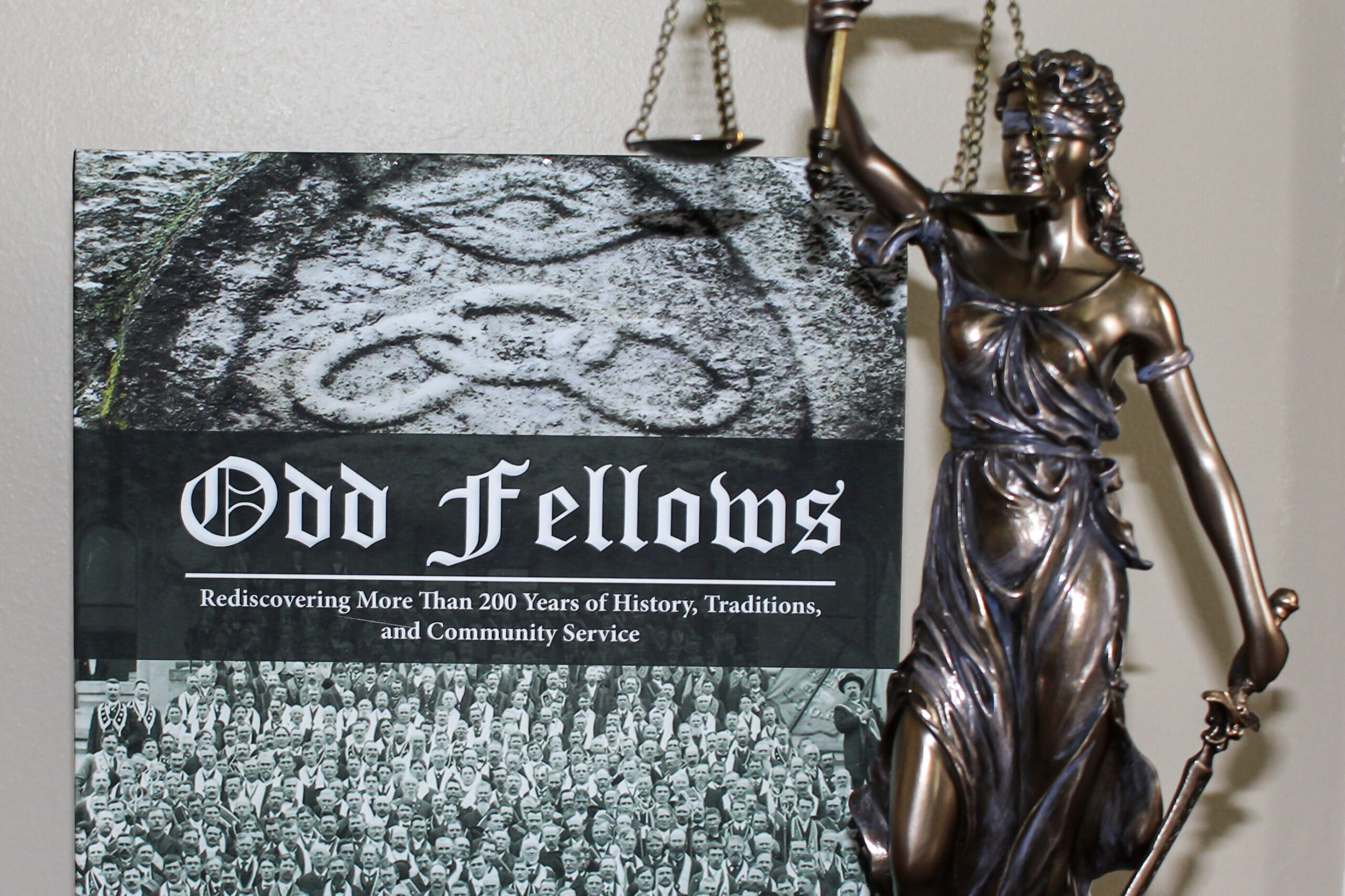
The Odd Fellows sound like a quirky social club, but they’ve been around since the early 1800s, quietly influencing American society. They focused on charity, mutual aid, and community service—kind of like the Freemasons but with less secrecy. However, their rituals, including the use of skeletons and cryptic symbols, have fueled speculation about their true purpose. Some believe they helped shape labor movements and welfare programs in the U.S.
Despite their mysterious traditions, their real impact was in promoting ideas of brotherhood and social welfare. They built orphanages, hospitals, and homes for widows, shaping America’s early social safety net. While their influence has faded, their legacy still lingers in modern fraternal organizations.
7. The Order of the Star-Spangled Banner
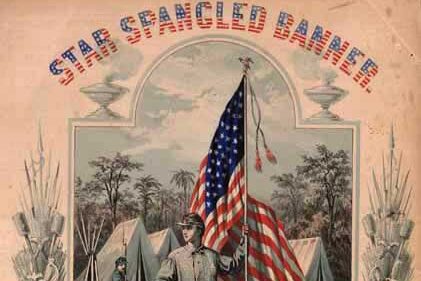
This shadowy group, also known as the Know-Nothings, operated in the mid-1800s with one major goal: to oppose immigration, particularly from Catholic countries. They swore secrecy, only revealing their affiliation with the phrase “I know nothing” when questioned—hence the nickname. At their peak, they infiltrated politics, forming the American Party and even electing representatives.
Their impact was felt nationwide, as they stirred anti-immigrant sentiment that still echoes today. While the party collapsed, the ideas they pushed didn’t disappear, influencing later nationalist movements. They might not be well known today, but their efforts helped shape America’s political landscape.
8. The Molly Maguires
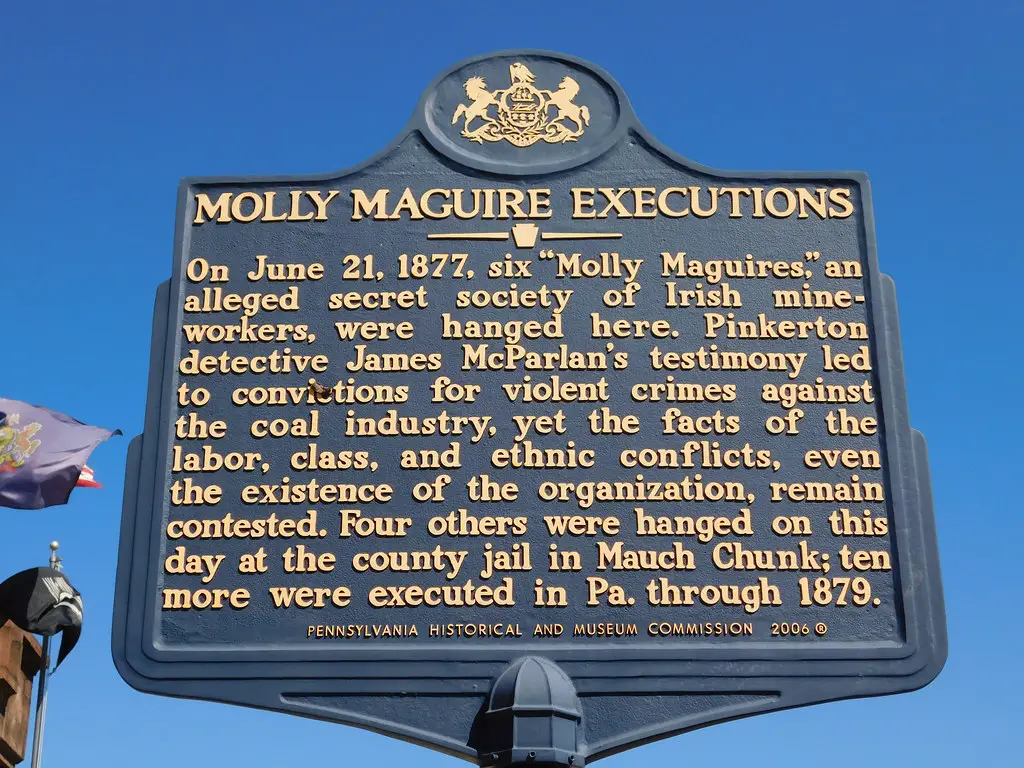
In the 19th century, coal miners in Pennsylvania formed the Molly Maguires, a secret society fighting for better working conditions. They were known for using violence and intimidation against oppressive mine owners, leading to a brutal crackdown. Many of their leaders were arrested and executed after infiltrators exposed their network.
Their struggle laid the groundwork for later labor unions, pushing for workers’ rights and fair wages. Though they were vilified in their time, history has cast them in a more sympathetic light. Without them, the labor movement in America might not have gained as much traction.
9. The Council on Foreign Relations
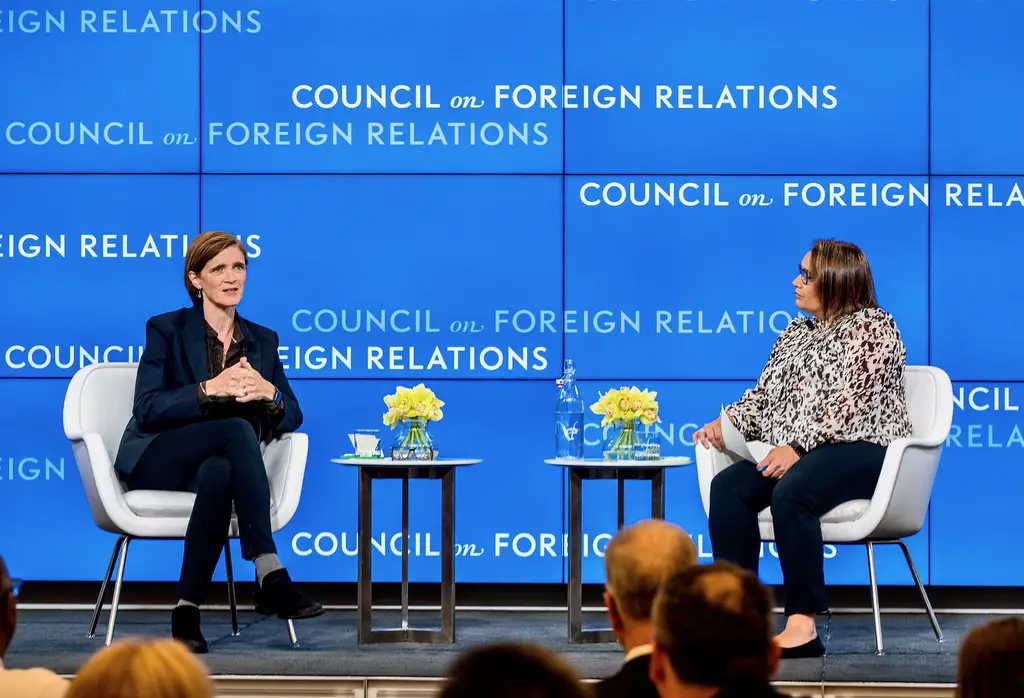
The Council on Foreign Relations (CFR) isn’t technically a secret society, but its meetings and influence remain largely behind the scenes. Since its founding in 1921, it has shaped U.S. foreign policy through discussions between government officials, military leaders, and business elites. Many Secretaries of State, CIA directors, and even presidents have been involved.
Because of its closed-door nature, many believe CFR plays a bigger role in global events than it admits. Some say it pushes a globalist agenda, controlling wars and economic policies from the shadows. Whether that’s true or not, its members undeniably help steer America’s place in the world.
10. The Illuminati (or What’s Left of It)
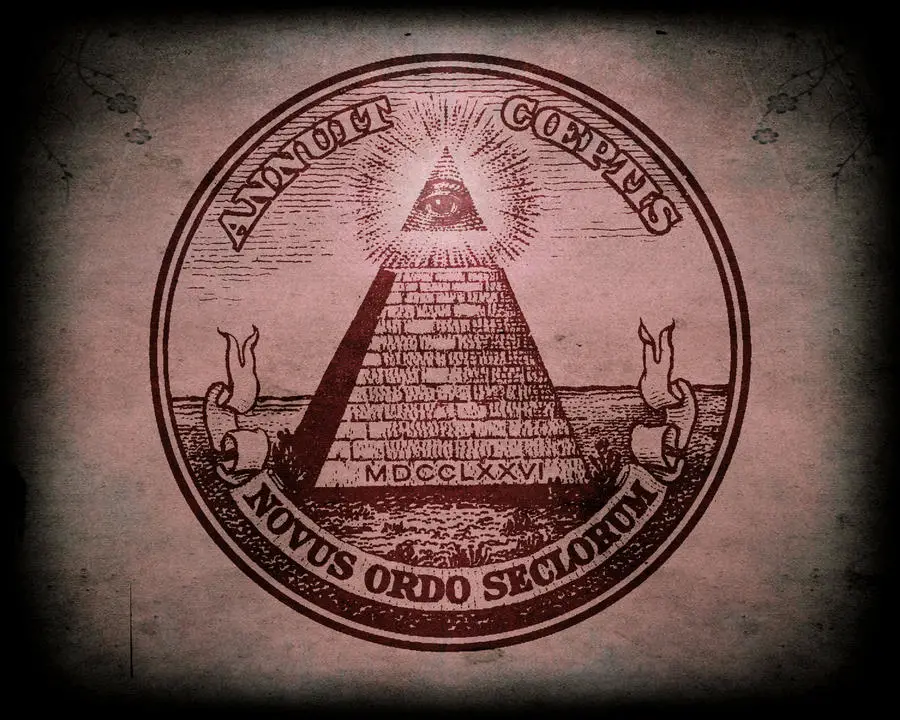
The original Bavarian Illuminati was disbanded in the late 1700s, but many believe its ideals and influence lived on in America. Some conspiracy theorists argue that a version of the group still operates today, pulling the strings behind major political and economic decisions. Their supposed goal? A new world order.
While there’s no proof of their continued existence, their legend persists, influencing pop culture and politics alike. From symbols in architecture to whispers about high-ranking officials being members, the idea of an underground ruling class refuses to die. Whether they’re real or not, the fear of them is enough to shape public perception.
11. The Priory of Sion (Maybe)
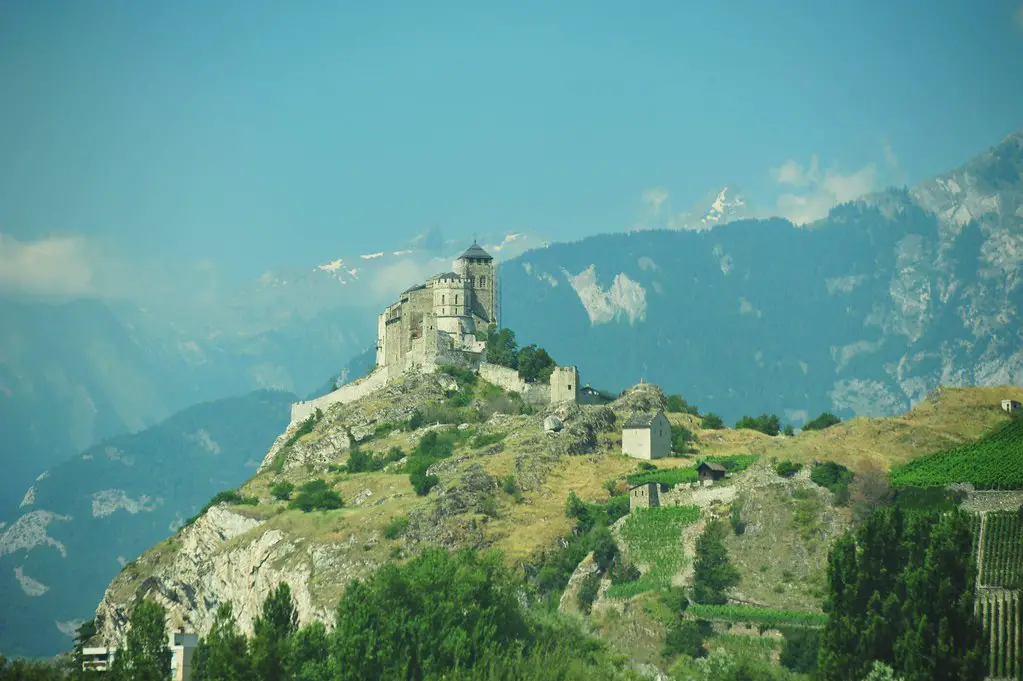
The Priory of Sion is a secret society that may or may not exist, but that hasn’t stopped people from speculating about its role in American history. Some claim it protects ancient religious secrets that could shake the foundations of Christianity and Western power. Others think it’s tied to elite families who influence world affairs behind the scenes.
Though mostly popularized by The Da Vinci Code, theories about its existence have persisted for centuries. If it does have members in the U.S., they’re staying well hidden. But even the idea of a powerful underground society has shaped how people view history and politics.
